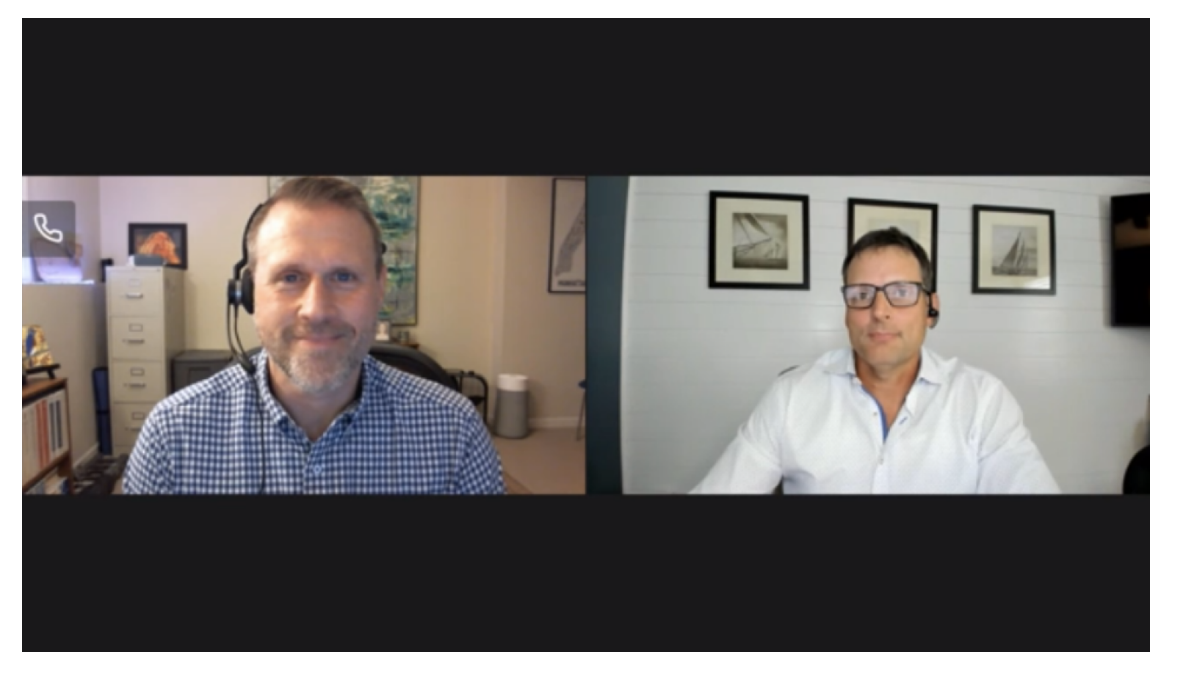Jump to:
| Utilize short-term staffing solutions |
| Incorporate AI and automation into your workflow |
| Become a strategic advisor |
As accounting firms usher in 2024, it’s important to take a fresh look at the business landscape — both its challenges and its opportunities — to best prepare for the year ahead. With so much change inside and outside the profession, now is the perfect time to reflect on your goals, how they’ve changed, and what you can do to incorporate new learnings to make this your best year yet.
But where do you begin building your tax planning strategy? Let’s take a look at a three-part new year’s resolution that is sure to tackle common challenges, strengthen client relationships, and ensure longevity and success for your firm now and in the years ahead.
Tax planning strategy #1: Utilize short-term staffing solutions
As tax season begins, firms in need of a short-term boost in headcount should consider outsourcing services to increase workload capacity. When faced with staffing disruptions such as unexpected departures or personal leaves, leveraging a pool of accounting-savvy individuals can become a strategic advantage.
In fact, many firms are opting for outsourcing rather than hiring full-time employees. This approach proves to be both convenient and cost-effective, enabling firms to better manage heavy workloads, cater to more clients, and meet tight deadlines without the complexities of recruiting additional staff.
Driven by the dwindling number of accountants entering the profession, the outsourcing market for tax preparation services has expanded significantly in recent years. Partial outsourcing is also an option. With outsourced staff managing routine tasks, specialized work can be handed off to in-house staff members.
The benefits of this strategy are two-fold. Not only does it provide additional qualified staff when you need them most, but it also liberates your most valuable employees to concentrate on their core strengths, thus reducing frustration and boosting overall job satisfaction.
Given the escalating demand for outsourcing, many service providers reach full capacity well in advance of deadlines. Therefore, if your firm is contemplating outsourcing, reach out as soon as possible.
Bottom line? Don’t be shy about embracing the use of temporary staffing solutions to alleviate the challenges posed by a demanding labor market.
 |
Report QuizThomson Reuters Advisory Report Quiz Learn more about where your firm stands in its Advisory journey |
Tax planning strategy #2: Incorporate AI and automation into your workflow
As accounting firms strive for greater efficiency in the face of resource constraints, integrating technology into your daily work is no longer an option but a necessity.
There is one technology that rises above the rest when it comes to transforming work: Artificial intelligence. AI-powered tax software can automate manual tasks, saving you time and improving accuracy. This allows your staff to engage in profitable strategies for tax planning, like trend analysis, collaboration with clients, and strategic thinking.
AI can also harness your firm’s data for meaningful insights. By rapidly processing extensive datasets, AI performs swift analysis techniques like predictive analytics and anomaly detection. From a client standpoint, this means your firm can offer clients insight into patterns, trends, and potential tax-saving opportunities.
By allowing AI to handle manual tasks, your firm can operate with a leaner and more engaged workforce. This shift towards more personalized client service — coupled with the powerful combination of data-driven technology — empowers staff members and strengthens client relationships.
Tax planning strategy #3: Become a strategic advisor
With technology capable of handling the mundane, today’s accounting firms are embracing a profitable shift toward advisory services.
To view your clients’ taxes as a multi-year consideration, consider broadening your tax season discussions to include advice that spans several years out. With a more comprehensive and forward-looking perspective, your firm can guide clients through potential scenarios and plan for tax saving strategies.
Of course, in the ever-evolving regulatory landscape, staying ahead of tax law changes is also crucial. Consider adopting a strategy to advise clients on timely tax planning strategies. Proactively addressing these issues will position your firm as a trusted advisor instead of simply a once-a-year tax return provider.
Want to start 2024 off strong with an advisory mindset? Make your clients aware of the following tax topics:
- Corporate Transparency Act: Effective January 1, 2024, this act requires new businesses started in 2024 to file a report with FinCEN within 30 days. The report mandates the disclosure of beneficial ownership and sensitive information. Although most clients won’t be affected until 2025, it is essential to prepare them for compliance. This measure aims to combat illegal activities like money laundering and tax evasion.
- Employee retention credits: Many clients are amending payroll tax returns to address cash flow issues, aiming to leverage tax credits. However, the qualification process is susceptible to abuse by credit mills. Educate clients about this credit, inquire about past claims, and highlight IRS enforcement efforts.
- Tax Cuts and Jobs Act (TCJA): Several TCJA provisions are slated to expire in 2025. Provisions such as increased tax rates (37% to 39.6%) and a potential decrease in the standard deduction require proactive tax planning. Inform clients about these impending changes and assure them that you are aware and will initiate communication.
By approaching 2024 with an advisory mindset that embraces innovation and prioritizes client relationships, your firm can set the stage for success this year and beyond.
To learn how to make the most of the year ahead and all the ways advisory services can transform how you serve your clients, check out our 2023 year-end tax strategy planning webcast. If you’re interested in expanding into advisory services, learn more about Practice Forward to strengthen your client relationships today.
 |
2023 year-end tax strategy planningJoin Shaun Hunley from Thomson Reuters and Business by Design’s Paul Miller to learn about the right tax strategies to help ensure your firm’s longevity and success in the years ahead. |







